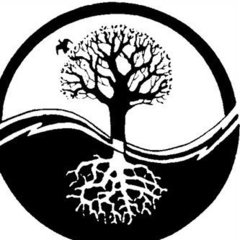Sign in to follow this
Followers
0

Self-Realisation: A Jungian Perspective
By
Geof Nanto, in General Discussion

By
Geof Nanto, in General Discussion